If AG Barr was going to follow Britvic’s lead in adding plant-based drinks to its portfolio, it’s fitting the Scottish business would choose oats as the right horse to back in an ever-more crowded category.
The Irn-Bru owner yesterday revealed it had taken an initial 60% stake in porridge brand Moma Foods, with an agreement in place to swallow the rest within three years, giving it exposure to the on-trend and rapidly growing market.
The two deals – Britvic with Plenish and Barr with Moma – share a number of similarities in nature and execution, with a few marked differences.
Both brands are tiny compared with their new parents, with neither expected to move the profits needle for the wider group in the short term.
Indeed, Barr generates more than £5m in sales every week, while Moma is forecasting 2021 revenues of £7m. However, what Moma – started under a London railway arch by Tom Mercer 15 years ago – does bring is bags of potential.
Picking up small brands in adjacent categories is a strategy that has worked remarkably well for Barr in the past. Many failed to see the logic in a £21m deal for cocktail mixer brand Funkin in 2015, but it now makes a respectable contribution to the wider group, thanks to careful management.
Mercer told The Grocer he expects turnover to at least treble at Moma in the next three years as it grows distribution of its oat-based drinks, which are currently stocked by just Sainsbury’s and Waitrose. There is also a vast opportunity in foodservice, with a barista variant providing cafés with an oat option other than Oatly.
Moma made the move from porridge sachets and ready-to-eat pots into oat milk at the start of 2020, but it is already the third-biggest brand in the category behind Alpro and Oatly, with its range of oat drinks generating more than half of company sales and growing.
It’s a capital-light proposition with all manufacturing and logistics outsourced, so Barr won’t have to sink much money into a brand ready to continue a rapid ascent.
Mercer says for the next couple of years there won’t be much in the way of synergies with its new backer. Barr’s main contribution will be investing behind a big marketing push to cement the brand as Alpro and Oatly’s main competitor in oats – and to steal share from both of them.
And there is plenty of headroom to go after.
Oat drinks are officially the bestseller in the alt milk category – and by some margin. A Grocer report last month revealed oat milk increased 50% to £147m [Kantar 52 w/e August 2021], far surpassing lacto-free, soya and other alternatives.
But there are a mind-boggling number of brands jostling for position within the sub-category, from Plenish to Rude Health and Arla’s new offering Jörd, to name a few.
However, like Oatly, Moma is an oat specialist, with rivals also having to juggle expansive ranges of an ever-growing number of ingredients, from coconut, almond, hazelnut and cashew, to soybeans, rice and potatoes.
And Moma knows its oats, having spent 15 years selling premium porridge.
Plant-based milk is still a category in its infancy and consumers are yet to be fully educated in all its intricacies. Most would be forgiven for assuming all plant milks are created equal in terms of saving the planet. However, the sustainability agenda, as in all categories, is likely to become increasingly important.
Like Plenish, Moma can rely on its sustainable credentials and quality ingredients to help it stand apart.
And unlike almond and soya milk makers, Moma can shout about its British heritage, with homegrown oats not racking up air miles.
Oatly and Alpro are not unaware of the concern around the growing importance of a traceable supply chain, with the former investing in a massive new facility in Peterborough and the latter making a push at its Kettering plant.
With a new British owner, Moma can continue to play the part of a domestic champion fighting multinational conglomerates.
Like Britvic, AG Barr is getting a great deal for a fairly modest investment (though the actual amounts are undisclosed), with plenty of potential for big numbers in the future.
Alpro and Oatly will need to work very hard in the UK to protect share in a category that both have done a great deal to create.







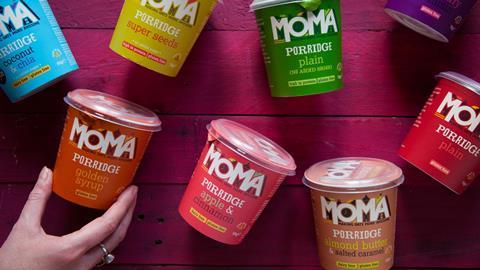
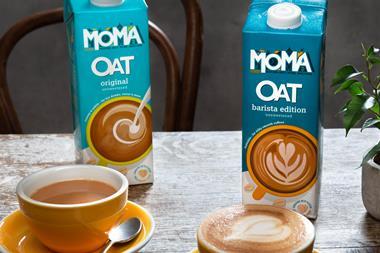
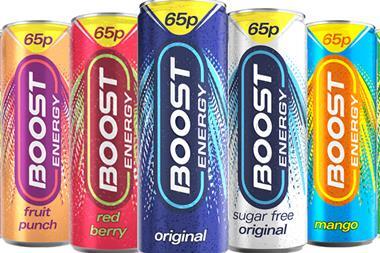
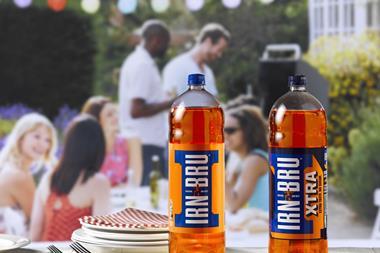
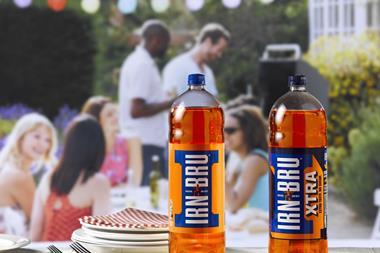
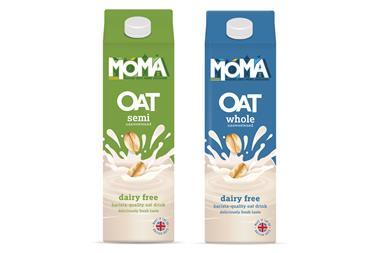
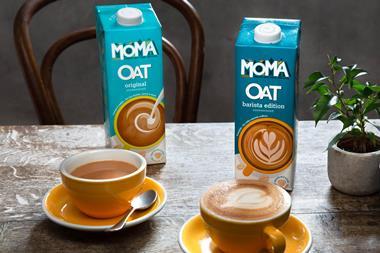






No comments yet